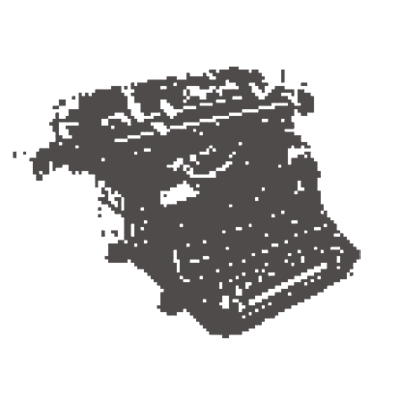Katarzyna Pikora
Video games in education
17.06.2021
gaming, intellectual property
Today, the benefits of using video games in education and training are no longer disputed. Simulation, sports, role-playing and strategy games help to improve eye–hand coordination, concentration and spatial orientation, exercise memory, develop perceptiveness, provoke logical thinking, and train users in making choices and decisions and foreseeing the consequences of their actions. Does this mean that teachers can use them in class without hesitation?
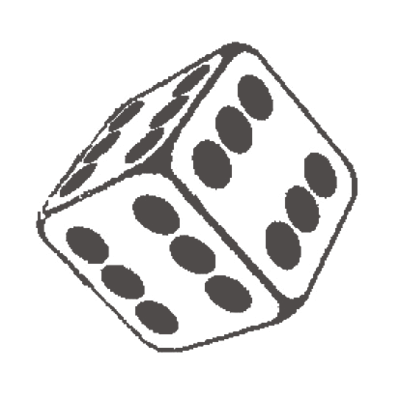
Use of an individual’s image in the media: A question of consent
10.10.2019
new technologies, intellectual property
A person’s image, in the sense of a physical picture of an individual, is subject to protection as a personality right and as personal data. The rule under Art. 81 of the Polish Copyright Act is that a person whose image is fixed must consent to dissemination of the image. Fixation of an image includes capturing of the whole or part of a person’s profile, through any means—photo, film, drawing, painting, or portrait—enabling identification of the person. Dissemination of an image means any form of publication, i.e. making it accessible to an unlimited set of recipients, as in the case of media access. It is irrelevant whether use of the image is aimed at generating financial gain.

Liability of intermediaries for trademark infringement
21.03.2019
already in force, intellectual property
The amendment to the Industrial Property Law in force since 16 March 2019 provides that a person whose services were used in an infringement is also liable for infringement of the protected right to a trademark. A trademark owner may demand that such a person refrain from infringing the trademark, turn over unjustly obtained benefits and repair the damage (where the infringement is culpable). Thus the new regulations introduce the intermediary’s own liability for trademark infringement.

Another step towards to EU copyright reform
27.09.2018
new provisions, intellectual property
On 12 September 2018 the European Parliament approved a proposal for a copyright directive. For the directive to become law another vote has to be held, and this will be in 2019.
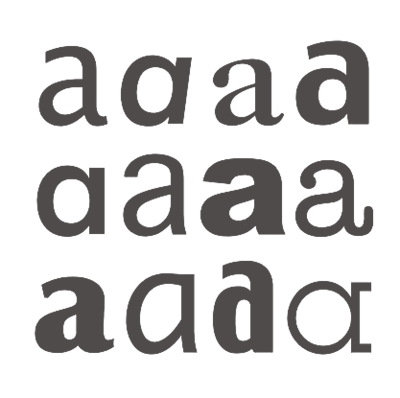
Proving the fame of a trademark for alcoholic beverages before the Polish courts
07.06.2018
intellectual property
The fame or renown of a trademark is not a concept defined in Polish or EU law. The courts try to clarify this notion by pointing to the criteria that must be met for a mark to be regarded as renowned. Although these criteria are already well-established in the EU case law, the Polish courts sometimes add new requirements.
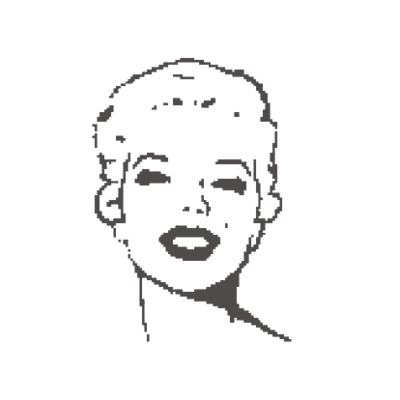
Protection of highly distinctive trademarks
15.10.2015
European Court of Justice, intellectual property
Conceptual similarity between trademarks may be sufficient to find a risk of confusion even when there is little visual similarity between the marks, if the earlier mark has become highly distinctive through its use.
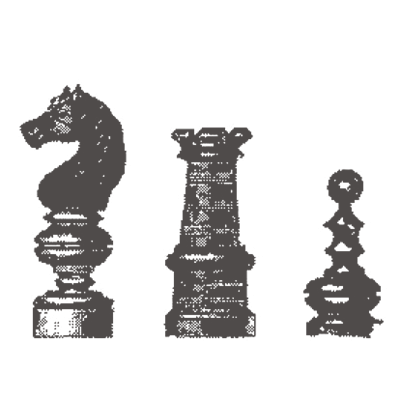
Gathering evidence of infringement
31.07.2014
intellectual property
Businesses suspecting that their copyrights, trademarks, patents or industrial designs are being infringed by competitors often find it difficult to obtain evidence of the infringement sufficient to make a case in court. They are also concerned that if they wait until filing of the statement of claim to seek production of evidence, the defendant will have time to get rid of the evidence of the infringement.
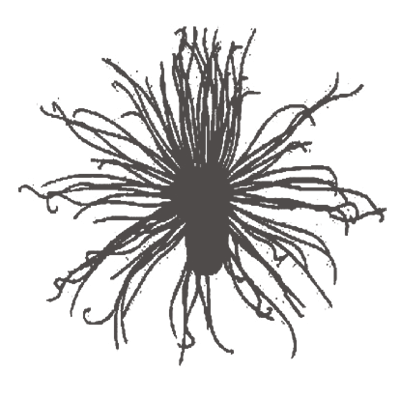
Expensive apologies
24.07.2014
intellectual property
A trademark infringer may be ordered not only to cease and desist, but also to pay damages and court costs and to bear the heavy expense of publishing the judgment and apologies.
